Some residents affected by a 2020 industrial explosion that awoke people in the middle of the night in West Houston, killed three people and destroyed hundreds of homes saw relief.
Five years later, after a three-week trial, a Harris County jury returned a $37.9 million verdict on June 3 against 3M Co. and Teledyne-Detcon for the Watson Grinding explosion on behalf of five out of thousands of plaintiffs.
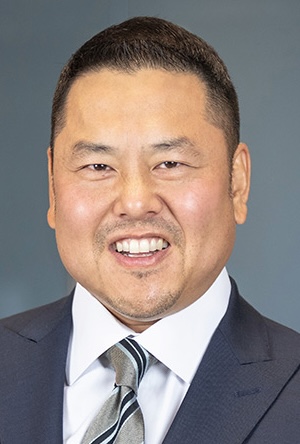
The result was delayed by over a year due to Watson Grinding filing for bankruptcy. Over a hundred lawyers ended up representing more than 2,200 total claimants in the sprawling case.
Rob Kwok of Kwok Daniel, who led the trial team alongside Will Moye of Moye Law Firm, said he recalled feeling the explosion and waking up.
“It opened the door to my garage, set off the house alarm. It’s about a mile and a half away from where we live,” Kwok said.
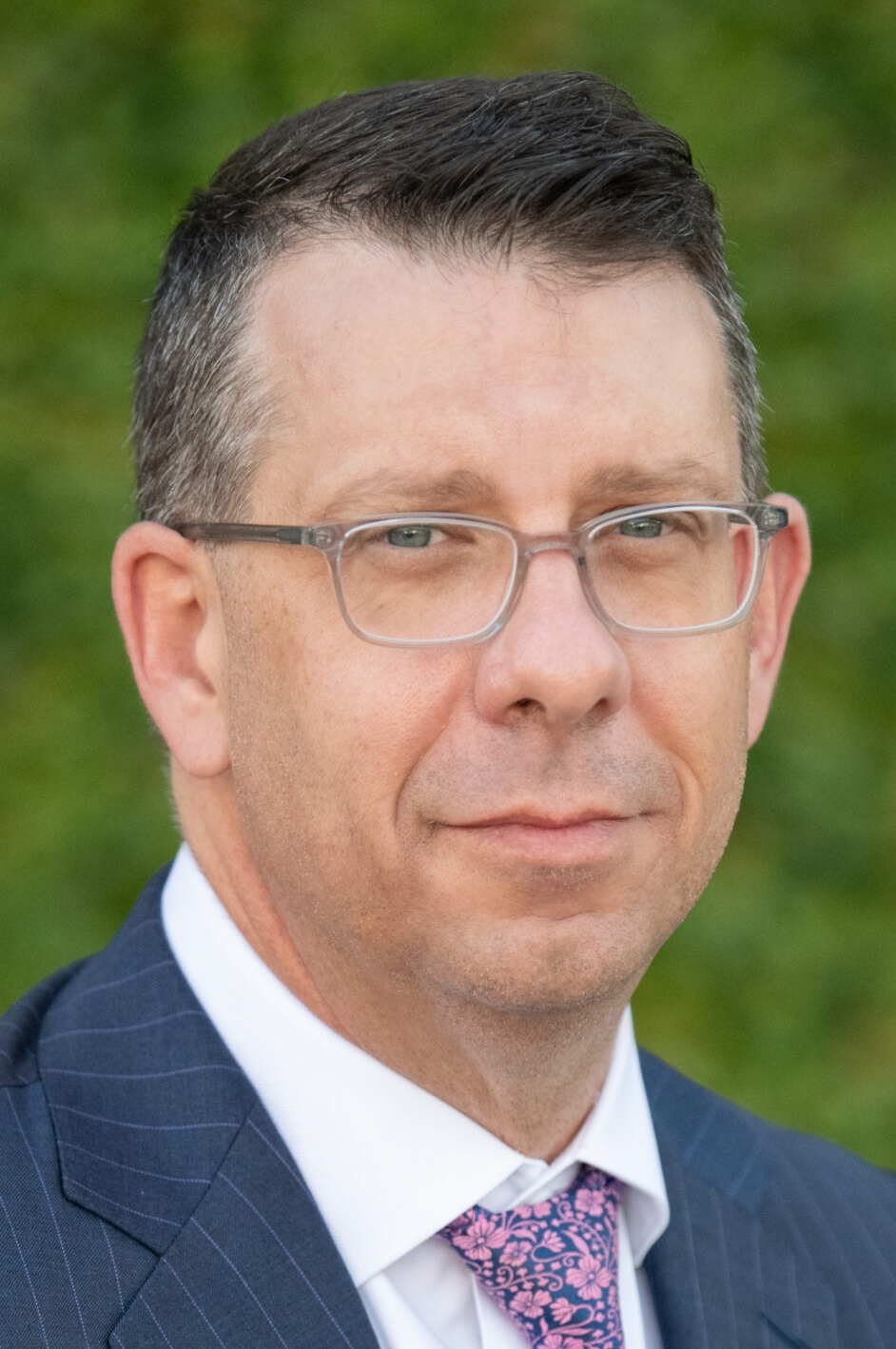
Moye resided just far enough out of the city that he didn’t feel the explosion.
“While I wasn’t awoken by the actual explosion, we were all awoken by the effect it had on the communities here when we all turned on the news the next day,” Moye said.
Kwok and Moye had to get to work.
“My phone started ringing about 6 a.m. and it was all people whose homes had caved in on them, and they were in school with my kids, and so I didn’t have a choice,” Kwok said. “I started meeting with them, signing them up, and 10 grew to 50 to 100 to 200 to 500 to 1000. We ended up with 1000 families and so it’s pretty much all that we’ve done for the last five years.”
Kwok and Moye sat down with The Texas Lawbook to discuss the case.
The following conversation has been edited for length and clarity.
Out of the thousands of victims, why were these five residents selected?
Kwok: The way the MDL court had it set up is that these cases were all to be tried on tracks, or trial settings. And so, this was track two. All the track one trials settled.
Track one was made up of the three individuals who lost their lives; it was their families. The death cases, one by one, approached a trial date and were settled before the trial. And so, here we are, on track two, with the serious injury cases. There was an actual system that was set up for this.
We would put up, as a plaintiff steering committee, our 10 best cases. The defense would put up the 10 worst cases, and then we would try to find a combination of those cases that had not settled. As we approached the track two trial setting, it became painfully obvious that they were not interested in settling track two for whatever reason, and that we were going to trial. So, we changed course and geared up for trial.
There are thousands of other residents and some have settled. Will we see more settlements from this incident?
Kwok: There are no settlement offers on this case and so we’re prepping track three. In fact, they’re in depositions today [June 11] with our track three plaintiffs. Those cases are set to go to trial at the end of the month. It’s a quick turnaround, and the idea is to continue trying these cases until they decide they want to talk to us about settlement. Otherwise, we’ll just keep trying them.
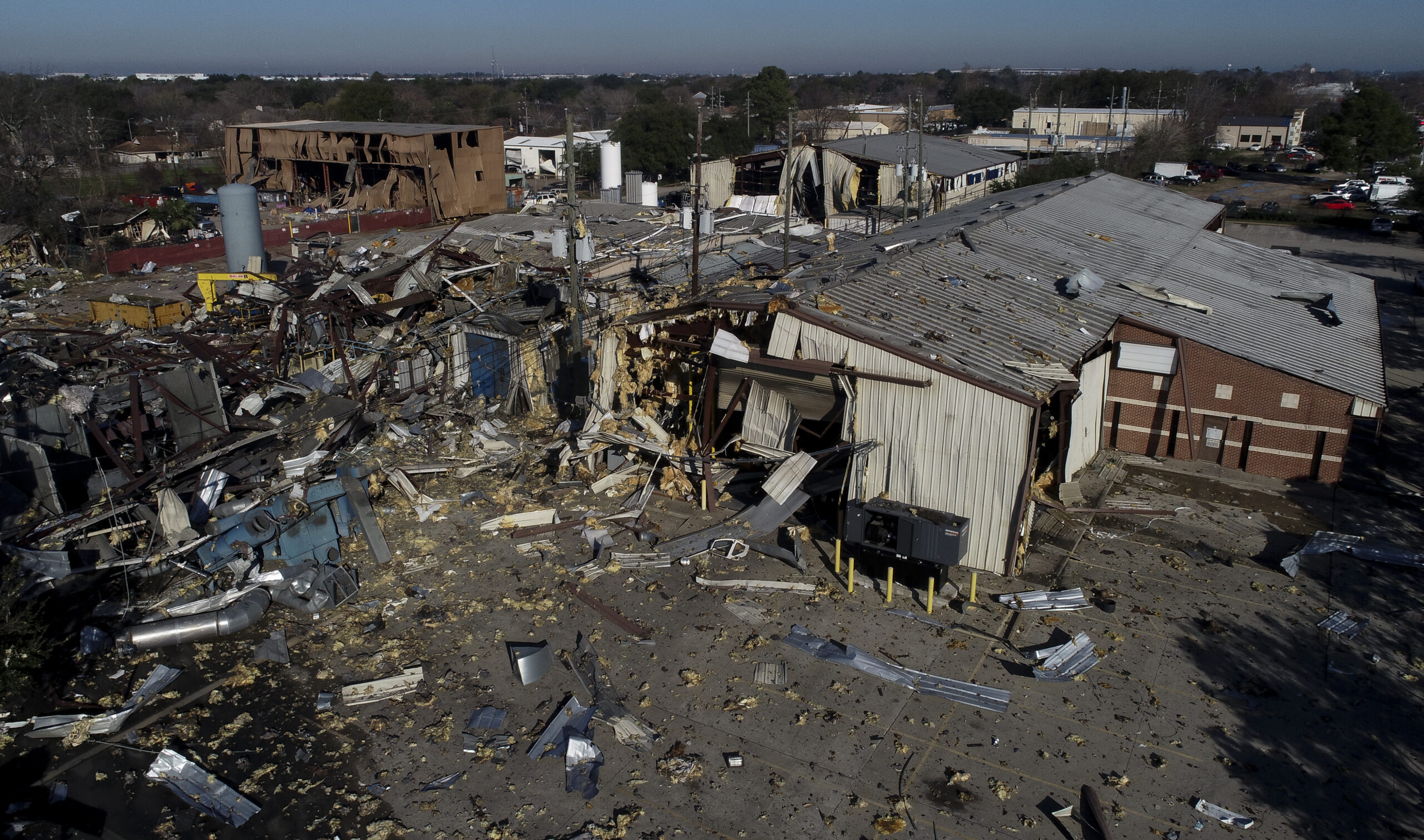
How did the bankruptcy affect the case?
Kwok: Two weeks into the case, Watson Grinding filed for bankruptcy. It was horrible. There was a lot of despair, as you can imagine. It was in January 2020, three months before COVID. No one knows COVID is coming, but we have a feeling that something bad is about to happen, right?
Our family was in D.C.; the kids had a school trip there. We’re visiting the Capitol and all that. And we were supposed to have a White House trip at some point, but that was canceled. So, we knew something was going on, but we just didn’t know what. Fast-forward months later, we see lumber prices skyrocket. There’s a stay-at-home order.
[Our clients] are homeless because their homes have either caved in on them or been moved off their foundations, and so they’re sleeping in garages. Some people are homeless, so we had to adopt quite a few. We had an apartment complex where we placed people, and we made sure every client had somewhere to sleep. Some of them had to sleep in relatives’ garages. It was pretty brutal.
And when Watson Grinding filed for bankruptcy. Psychologically, everyone was like, “Oh, man, it’s over. There’s not going to be anything here.” And from a legal standpoint, the case was immediately frozen, and we were sucked into bankruptcy proceedings. All of a sudden, we’ve got all these lawyers, over 100 lawyers, involved in this case, and we’re all fish out of water in bankruptcy court. It’s not what we do. We’re all state court lawyers.
In bankruptcy court, Judge Marvin Isgur — we couldn’t have gotten a better judge — was very interested in helping the people. The problem was, these were mom-and-pop entities that had limited funds, if any, and limited insurance. The whole game was to get out of bankruptcy court as quickly as we could and to get some kind of an order that secured the insurance proceeds, which would then be deposited into some kind of fund for these people.
At first, Watson Grinding wasn’t willing to give up their insurance. And then John Watson, the owner, made his own claims in the bankruptcy court against his own insurance company, saying that he had been damaged in the explosion as well. It was just a big zoo. How did it affect the case? We were about a year-plus in “Bankruptcy Land.” All of us had to hire bankruptcy lawyers that cost additional money and time, and it just put a delay on the case. It really discouraged the clients for quite some time.
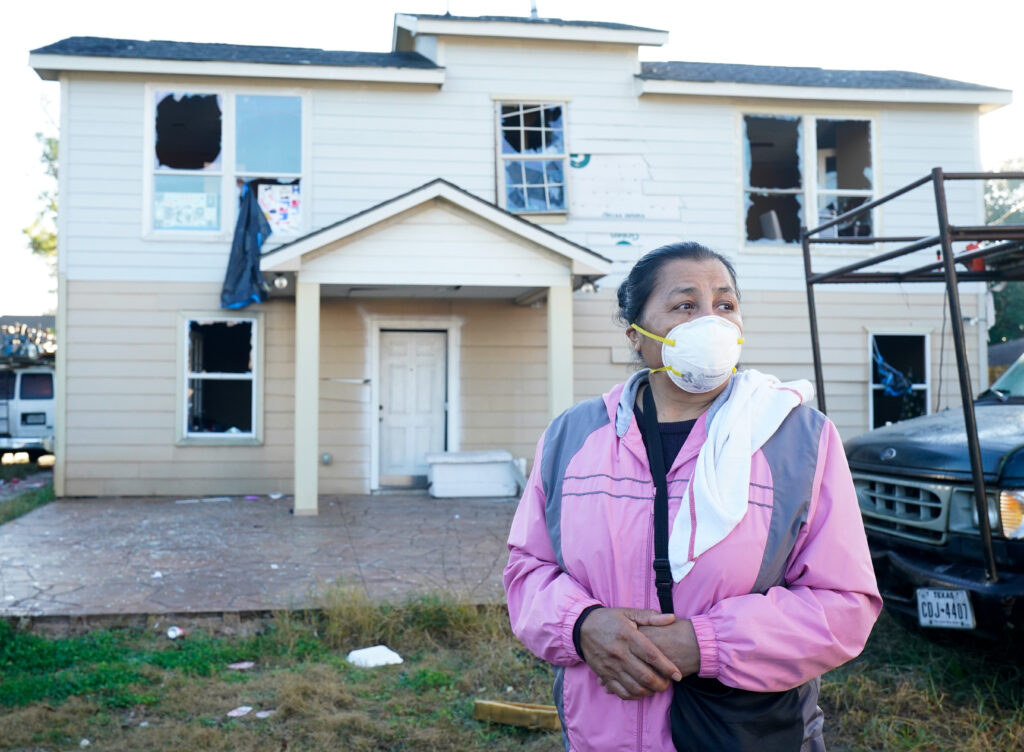
How did it feel once you got out of bankruptcy court?
Kwok: Felt great, of course. Except that, we got kicked to MDL next, which is a whole other animal than state court. It is a state court, but it’s a multidistrict litigation judge that all he does is handle MDLs and thank goodness it’s a good judge, Judge Bill Davis, and a very experienced judge. On the flip side, it’s a judge who has a way of doing things and if you don’t learn his way very quickly, you’re going to be in big trouble in his court. Once we figured it out, we were fine. But it was a little rocky at first in his court, trying to figure out what he wanted and expected from us. Once we got on the same page, it’s been much better.
What is the role of the other companies in the case?
Kwok: We sued about eight other companies. We let one go: Total Safety. It was a sensor service company as well, but they serviced the sensors in 2010-2011. It was just too far away from the explosion, so we let them out. They did give us some very good testimony on how Teledyne-Detcon, which is one of the defendants that we went to trial against, came into the picture.
Teledyne-Detcon and 3M were the companies that service the sensors, which are used to detect gas and sound an alarm, and none of that happened. They were the last two remaining defendants; the other companies that we sued all settled. This is a unique body of litigation in the sense that we have settled with eight defendants in this case and received money, and the clients have received money — partial payments, to be sure. Now we’re going to trial against two other defendants with money in hand. It’s a different way of trying cases, but it doesn’t really change anything. It’s just interesting that we have had partial settlements and we’re still trying to get the accountability put on the last two defendants.
Why have you pursued it this way rather than a class action?
Kwok: Class actions are no good. This is a mass tort. The reason is because each person had individualized damages, and when you have a large group like this, be very careful not to run afoul of the rules.
Rules require each person not only to consent to the amount that they are getting, but also to have a clear understanding of what everyone else is receiving and agree to that as well. We went through about a three-year allocation process where each law firm presented each case individually to some mediators that were agreed upon by the parties once we had the funding in place. The funding sat in an interest-bearing account for a while, while we figured all this out, and we had to do it according to the rules. Otherwise, we could get in big trouble. We got a lot of good guidance from the MDL judge on this. He was the sitting judge on the case called ARCE v. Burrow, and so he was very well aware of global settlements and the pitfalls involving them.
We immediately hired Lynn Baker, an ethics professor at the University of Texas, and she came on as a consultant to guide us through the minefields of the allocation process. It has to be very neutral. For example, in a cervical fusion, your case is worth “X” amount of dollars. And everyone with a cervical fusion gets the same exact amount. We ended up with dozens of injury categories: hearing loss, tinnitus, neck pain, back pain or whatever it was: There was a dollar figure that was predetermined for each category so that everyone was treated fairly in accordance with their injuries. Then we had to fact check and make sure that the injuries were legitimate. We needed medical records uploaded, literally millions of pages of documents.
I think in this trial alone, we had tens of thousands of pages of documents just for these several handfuls of clients. You imagine, like thousands of clients. I mean, this cloud storage thing was like at capacity, right? We’re just uploading all kinds of stuff, and then you have to prove it. You have to submit it on time. You have to get your award. You look at your award, and you accept it or you reject it. Quite a few people rejected their awards — not in my group. Other law firms had quite a few people reject their awards. And so, then there’s a different appeals process that they have to follow. All of this is super complicated and time consuming. The good news is we got a letter from Baker saying that we did everything right. The judge did everything right. It was a very complicated deal to be sure.
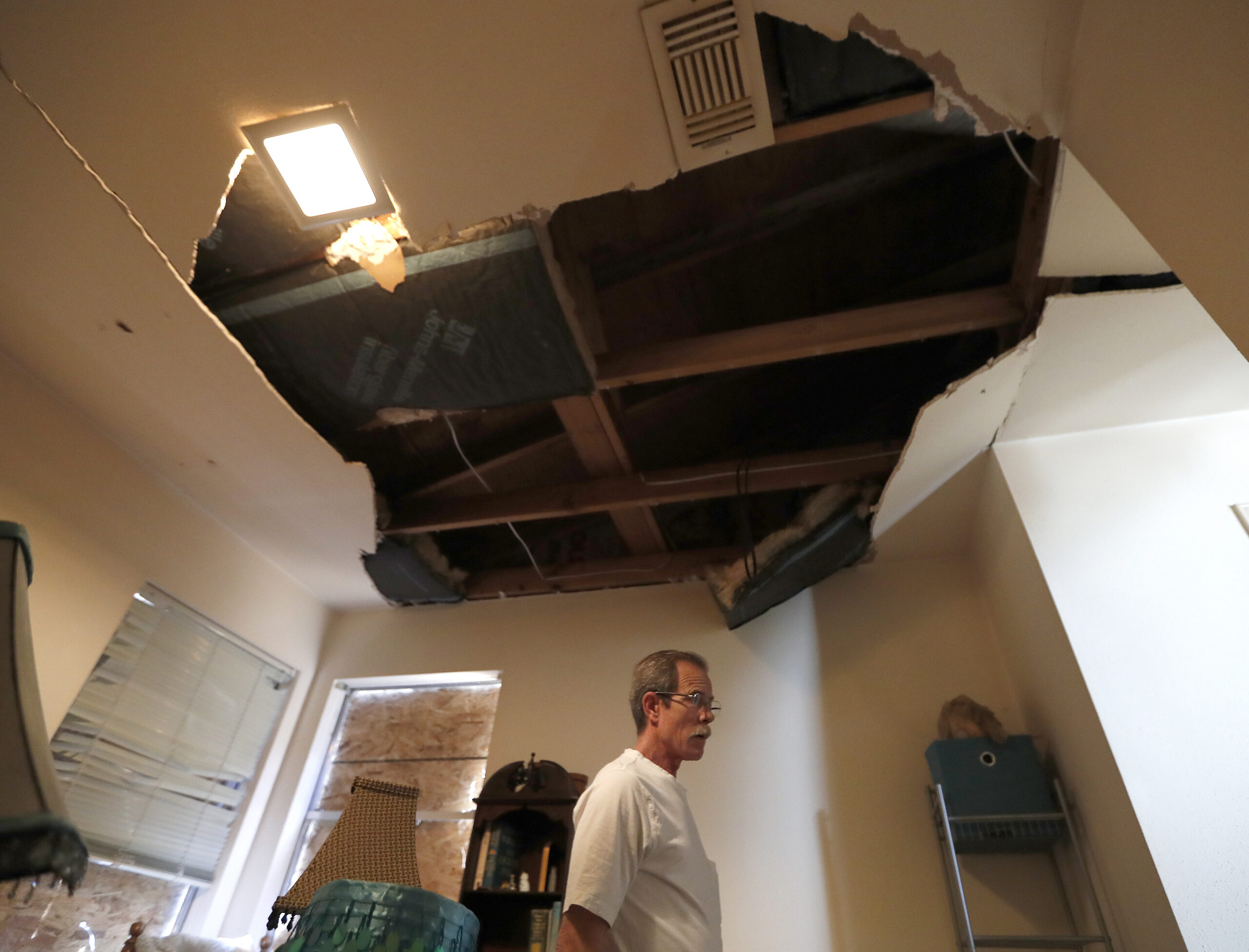
Why did each of you choose to practice in this area of law?
Moye: Frankly, my relationship with Rob’s firm is unique in that I was a former corporate defense lawyer, and had cases against Rob’s firm, and I always held him and his colleagues in the highest regard. Then I left to form a nimble, bespoke trial boutique where I do what I call “mercenary work” a few days before trial, get hired to come in and assist the trial team and make sure clients have a good outcome. And that’s what happened in this case. The Kwok Daniel firm was against three other law firms. It just made some sense to kind of balance things out over a three-week trial with five different claimants and 50 witnesses and to have someone else come in and help jointly steer. We created a formidable team and we tried a really good case. And that’s what I do for a living now. I’m very proud to do it to help others.
Kwok: We’re just glad to have Will helping us out. He added a lot. He picked an incredible jury. He gave a passionate closing argument. He had several key moments during trial where he shredded witnesses.
I told him this: His cross examination of the last technician to service the sensor at Watson was some of the best trial work I’ve ever seen. It was phenomenal to see it in person. Iit’s different than reading on a transcript, but you have hairs on the back of your neck standing up. It was that good. That was a pivotal moment in the case. I think the jury saw clearly that the technician was not telling the truth and was kind of out of bounds.
In fact, after we spoke to the jury after the trial, they mentioned his testimony and how he had charged for things that he hadn’t done, and that was a deciding factor in their verdict. Will was extremely effective. We’re super grateful for his help.
I’ve always been a plaintiff lawyer. I’ve been doing it for over 30 years. I love it.
My mom was in a severe car wreck when I was a young boy. I was about 11 years old and she had the windows of her car blown out as she was rear ended by a school bus. She lost her hearing, so she’s permanently deaf in one ear and about 90 percent deaf in the other. As a young boy, I was a concert pianist. She would attend all my piano recitals and I knew she couldn’t hear me. She would sit there and listen anyway and be present or try to listen.
And I just knew that there was something wrong with the result when they ended up with about $25,000. Even in the Watson explosion case on the matrix, hearing loss cases are all $300,000 to $500,000 — and that’s a floor. That’s the minimum.
These are valuable cases. And I just set off and always wanted to represent and help people, and I’ve done that my whole career.
